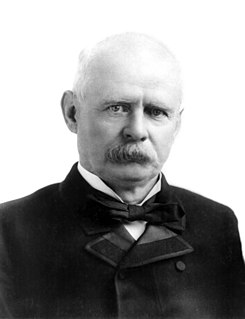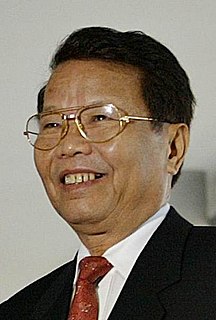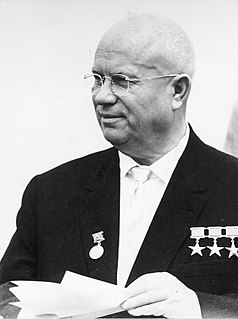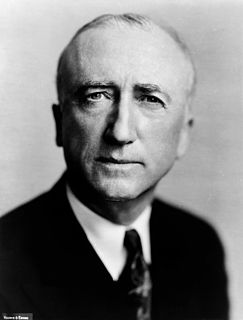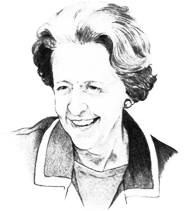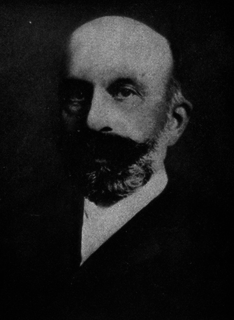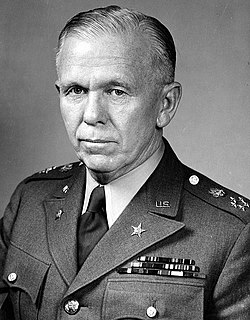A Quote by Adlai Stevenson I
The whole basis of the United Nations is the right of all nations - great or small - to have weight, to have a vote, to be attended to, to be a part of the twentieth century.
Related Quotes
The founders of the United Nations expected that member nations would behave and vote as individuals after they had weighed the merits of an issue - rather like a great, global town meeting. The emergence of blocks and the polarization of the United Nations undermine all that this organization initially valued.
There are many who criticise the United Nations. And those of us who know this institution well know that it is not immune from criticism. But those who argue against the United Nations advance no credible argument as to what should replace it. Whatever its imperfections, the United Nations represents a necessary democracy of states.
I am certain that a solution of the general problem of peace must rest on broad and basic understanding on the part of its peoples. Great single endeavors like a League of Nations, a United Nations, and undertakings of that character, are of great importance and in fact absolutely necessary, but they must be treated as steps toward the desired end.
Had the news of salvation by Jesus Christ been inscribed on the face of the sun and the moon, in characters that all nations would have understood, the whole earth had known it in twenty-four hours, and all nations would have believed it; whereas, though it is now almost two thousand years since, as they tell us, Christ came upon earth, not a twentieth part of the people of the earth know anything of it, and among those who do, the wiser part do not believe it.
Everybody knows that the United Nations is not the Secretary-General; he has an important position, but the United Nations is the states within this organization, and to be frank, most of the people say only the five permanent members; this is the United Nations because they have the veto, they can do whatever they want and they can refuse whatever they want, and if there's a reform that is very much needed for this organization.
